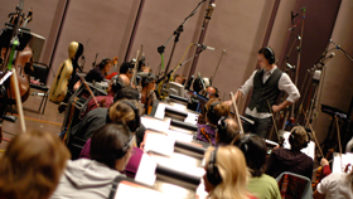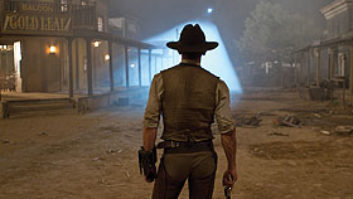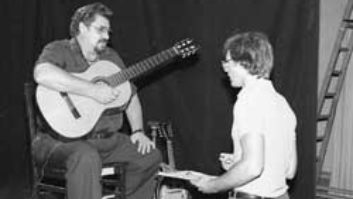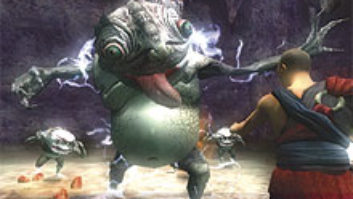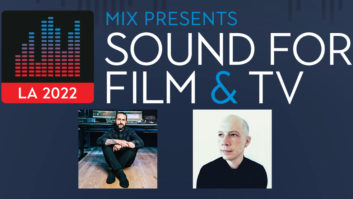Concert composer Michael Schelle may have never written music for film, but after penning his most recent book, it’s safe to say he knows the score.
The Score: Interviews With Film Composers covers 15 film composers from a wide array of backgrounds, specializing in a range of musical styles, at various stages in their career. Established composers such as Elmer Bernstein talk about student days spent with Aaron Copland as well as work that runs the gamut, from The Magnificent Seven and To Kill a Mockingbird to Animal House and Martin Scorsese’s Cape Fear. “What has stayed the same is that the film always talks to me,” he tells Schelle. up-and-comers such as jazz trumpeter Terence Blanchard chat about maintaining dual careers and working with spiritual mentor Art Blakey and frequent collaborator Spike Lee.
Throughout, Schelle probes into his subjects’ tools, techniques and working processes and gets their take on life in the industry. As an NEA and Rockefeller grant-winning composer, he’s adept at rooting out musical specifics.
He also elicits some extraordinarily frank comments. John Corigliano (Altered States) touches on the loss of prestige composers might face in the concert world when they make the leap to film. Pop songwriter/producer James Newton Howard discloses details about his work on major Hollywood features (“My biggest problem was on Pretty Woman where I actually wrote a pretty theme that nobody ever heard…But I try and stay fairly calm about cues disappearing under cars. What are you going to do?”). Horror and action movie composer Christopher Young details the never-ending battle between sound effects and score (“When we were dubbing [Bat 21], I thought that the only way it was going to play for more than a week was if the theater owners handed out free painkillers to the audience. It’s a really, really noisy film…But that was what the director was looking for.”).
It’s no surprise Schelle manages to get so many of his subjects to open up. He comes to the interviews well versed in their most renowned and obscure work and armed with a scholarly reputation (his work led to the establishment of a history of film music program at Butler university in Indianapolis). Entertaining, educational and inexpensive at $19.95, The Score should make points with the accomplished pro, curious musicologist, budding composer and avid film buff.

